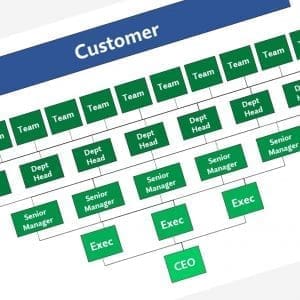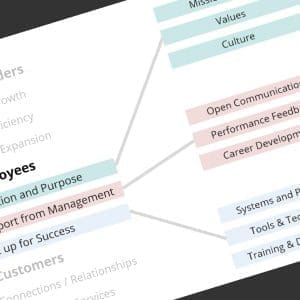Just a quick post this evening, capturing some thoughts that have been forming over the past week or so.
When evaluating people for a role as project lead or project manager (PM), what exactly does one look for? I suppose many will point to PMI certifications, adherence to principles in the PMBOK, “excellent communication skills”, and multiple, complex, high-profile, high-quality projects under their belt. But what about the intangibles – the stuff you can’t really learn from a book? I always see these attributes in the best experienced project managers – and this is what I look for when evaluating PMs just
getting their start.
- Initiative: Do you have the audacity (let alone ability) to get things started, to break down walls, or to drive things to Done when others are dragging their heels? Stuff really happens when change happens, and organizations don’t like to change. PMs who can muster the energy to drive through this resistance often find themselves with more power than they might think.
- Abstraction: Change represents new ideas, and people often need some sort of bridge from what they understand to what is new. Effective PMs can think in abstract terms, come up with relevant, meaningful analogies (straw models, simulations, representations, yada), and draw / describe them so others can make the connection.
- Improvisation: Even in the highly controlled, waterfall, requirements-driven projects, something will come up that requires some quick thinking. Real life isn’t documented well, and most PMs have to think on their feet when it gets close to crunch time. This is a critical thing; anyone can follow a pre-determined project plan, but the good ones can see the forest and the trees, and create a path to the desired result.
- [Prudent] Risk Taking: Of course, there has to be a reasonable limit to the whole “let’s make it up as we go along” approach. Reckless flailing about during crunch time can do more harm then good – you need to know when it’s time to cut your losses, reconsider your approach.
- Sense of Urgency: I cannot think of any business project I’ve ever been associated with that didn’t have some sort of time constraint. Nothing exciting ever happens when folks say “take all the time you need”.
The realisation that one is to be hanged in the morning concentrates the mind wonderfully. (Samuel Johnson)
If you are interested in getting into Project Management, and would dearly love to get better at it – study the PMBOK, learn about Agile and MS Project and Waterfall and Iterative – but by all means, work on these softer skills as well. And remember – if it was easy, you’d be doing it already.





Comments (0)